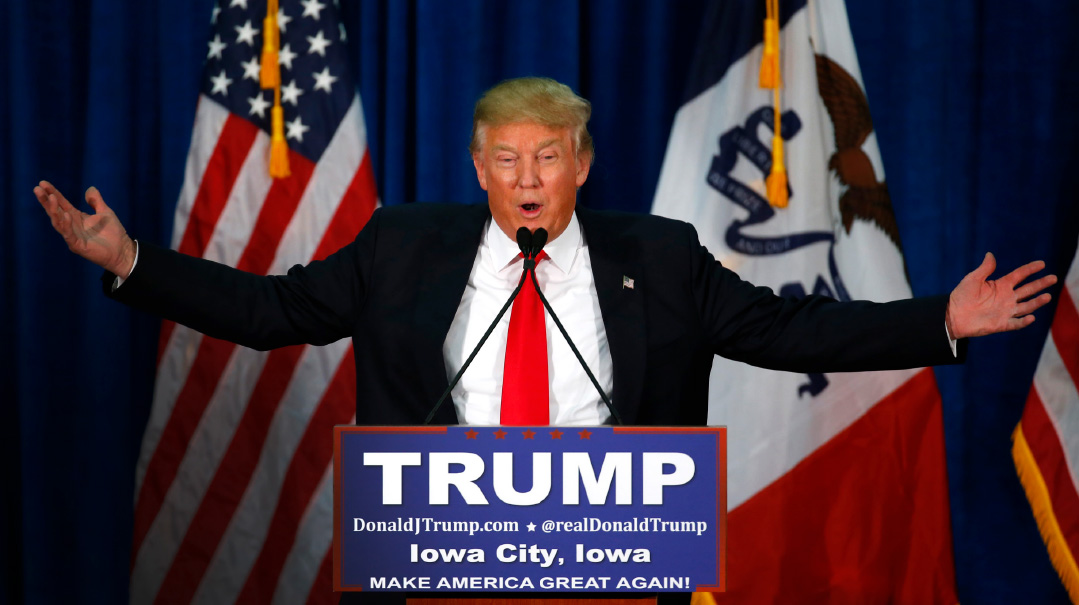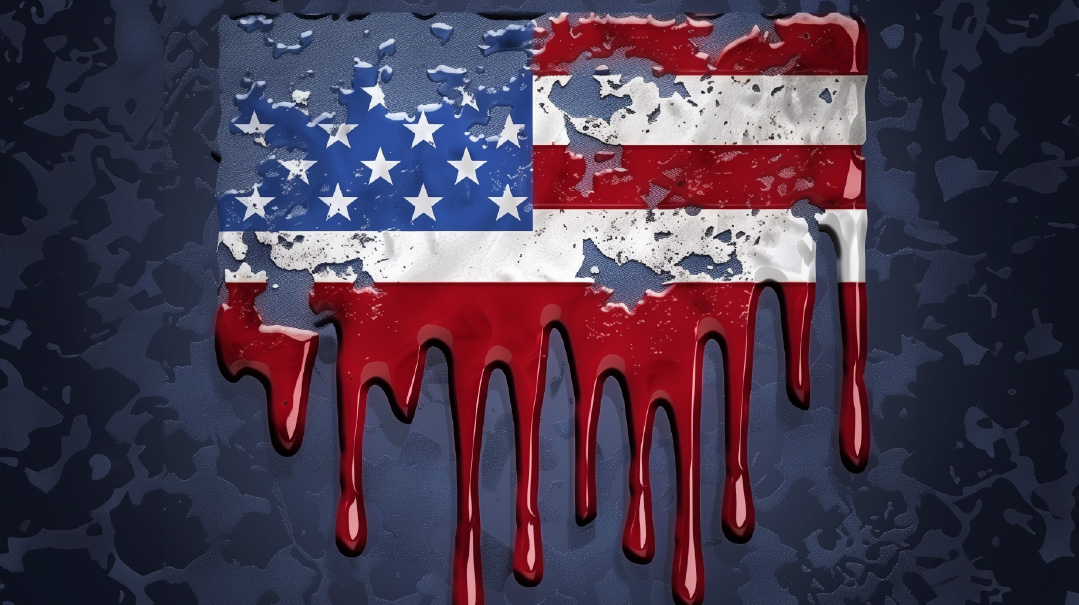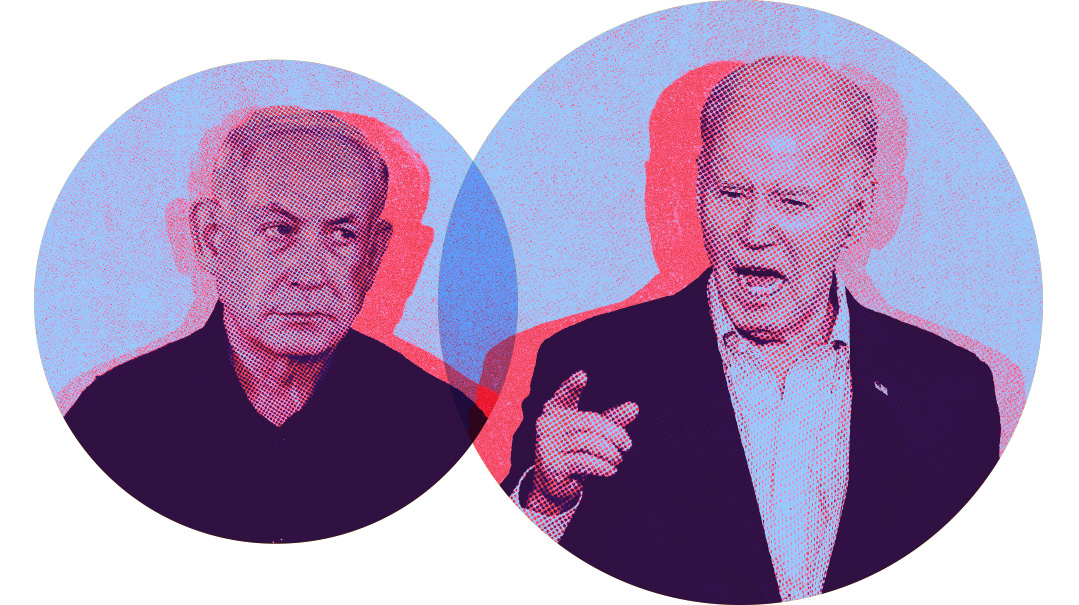Playing Second Fiddle to Trump

Some curious divergences that foretell a tightening of the race for the Republican presidential nomination

Photo:APImages
T
he polls that show Donald Trump far ahead of his rivals are also revealing some curious divergences that foretell a tightening of the race for the Republican presidential nomination.
The Wall Street Journal reported the best news for Trump, publishing its poll over the Labor Day weekend showing that the former president’s lead has widened nationwide to 46 points.
The campaigns of Vivek Ramaswamy and Ron DeSantis pushed back — releasing internal polls that they paid for — indicating that each of them has narrowed Trump’s margin in Iowa.
The Real Clear Politics average poll now places Tim Scott in third place in Iowa and in a virtual tie for third with Chris Christie in New Hampshire.
Iowa and New Hampshire are small states with very few convention delegates, but they traditionally play an outsized role in determining the eventual nominee. Ten of the last 12 Republican presidential nominees won either Iowa, or New Hampshire, or both. There is value in breaking quickly from the gate and galloping with that momentum into the states with richer delegate counts.
That’s why we should pay more heed to individual state polls rather than the national averages, even though state polls are updated less frequently.
While it’s a stretch, at this stage, to envision anyone upsetting Trump in Iowa or New Hampshire, someone will finish second. If that second-place finisher performs far better than the polls indicated, it could be a sign that he or she will be a formidable challenger. After all, Trump himself finished second to Ted Cruz in the 2016 Iowa caucuses, but the fact that he made it a close second proved that he was a serious candidate who indeed followed through and easily captured his party’s nomination.
Many pundits have suggested that at some point, most of Trump’s rivals will drop out and coalesce around one candidate with the best chance of taking Trump down.
That’s probably premature. Considering how combative they were at the first debate, it would be irrational to expect the entire group to magnanimously drop out and crown one contender to duel one-on-one with Trump.
The Republicans need to let their constituents decide who they want to be the party standard-bearer. The purpose of the primaries is to give voters a wide range of choices so they can weigh different personalities and views.
For the candidates, there might be little glory in finishing a distant second, but if one or more gets anywhere near Trump’s numbers, or even exceeds the pollsters’ expectations, then the campaign might get competitive.
Trump also holds large leads in the third and fourth states to vote — Nevada and South Carolina — but considering that South Carolina is the home state to both Nikki Haley and Tim Scott, each of them could turn into tough competition, provided they can make strong showings in Iowa and New Hampshire.
(Originally featured in Mishpacha, Issue 977)
Oops! We could not locate your form.







